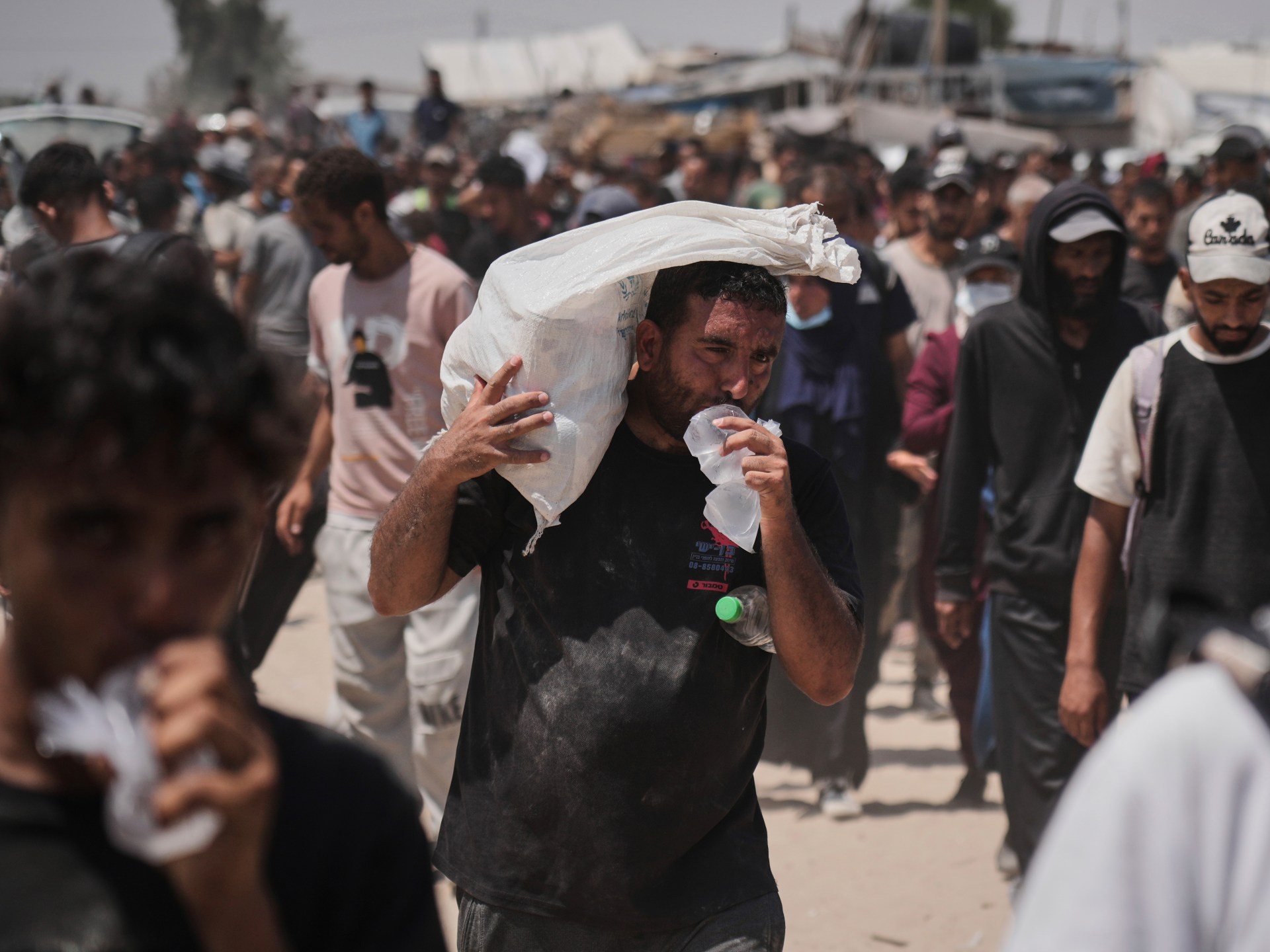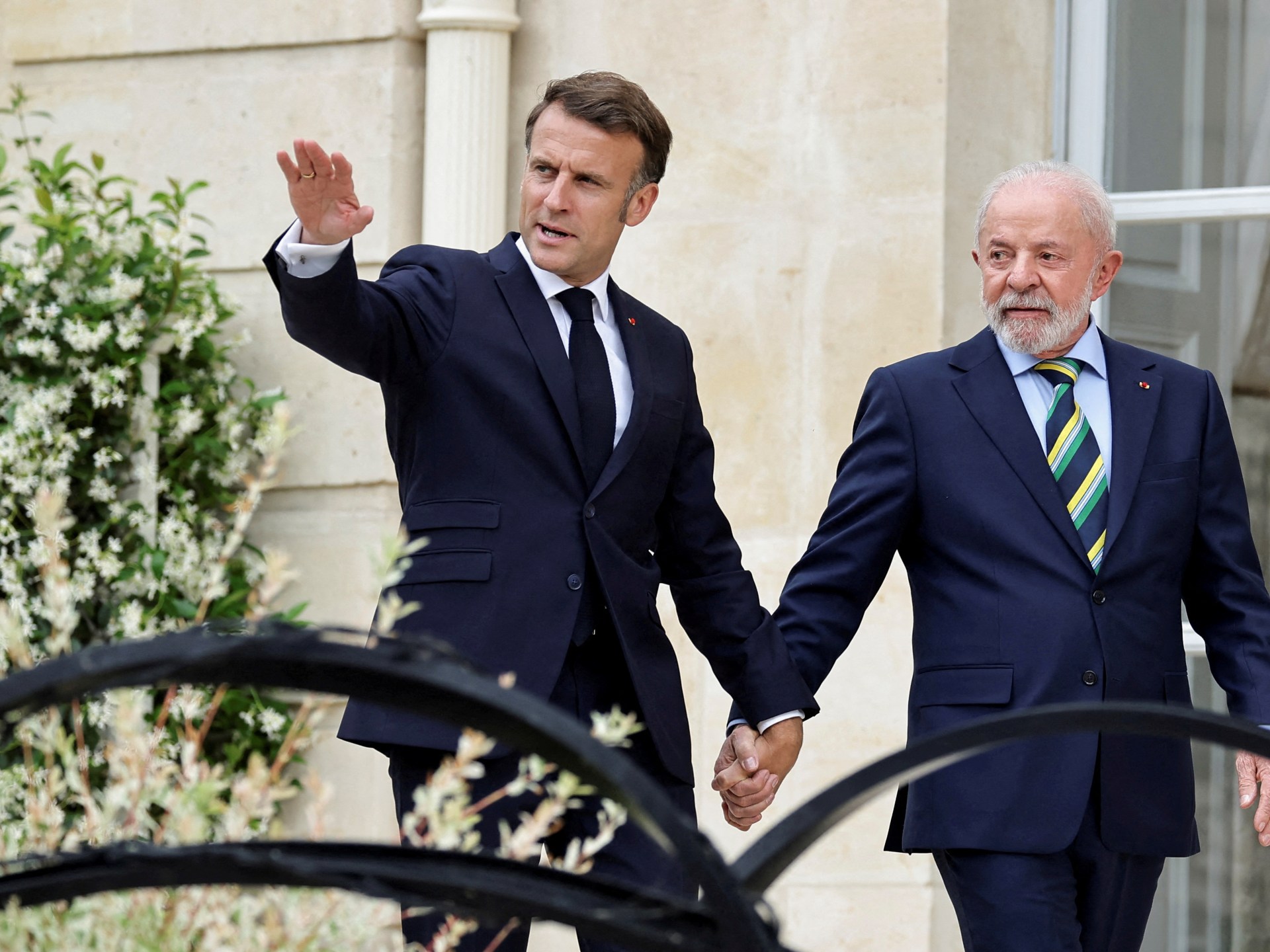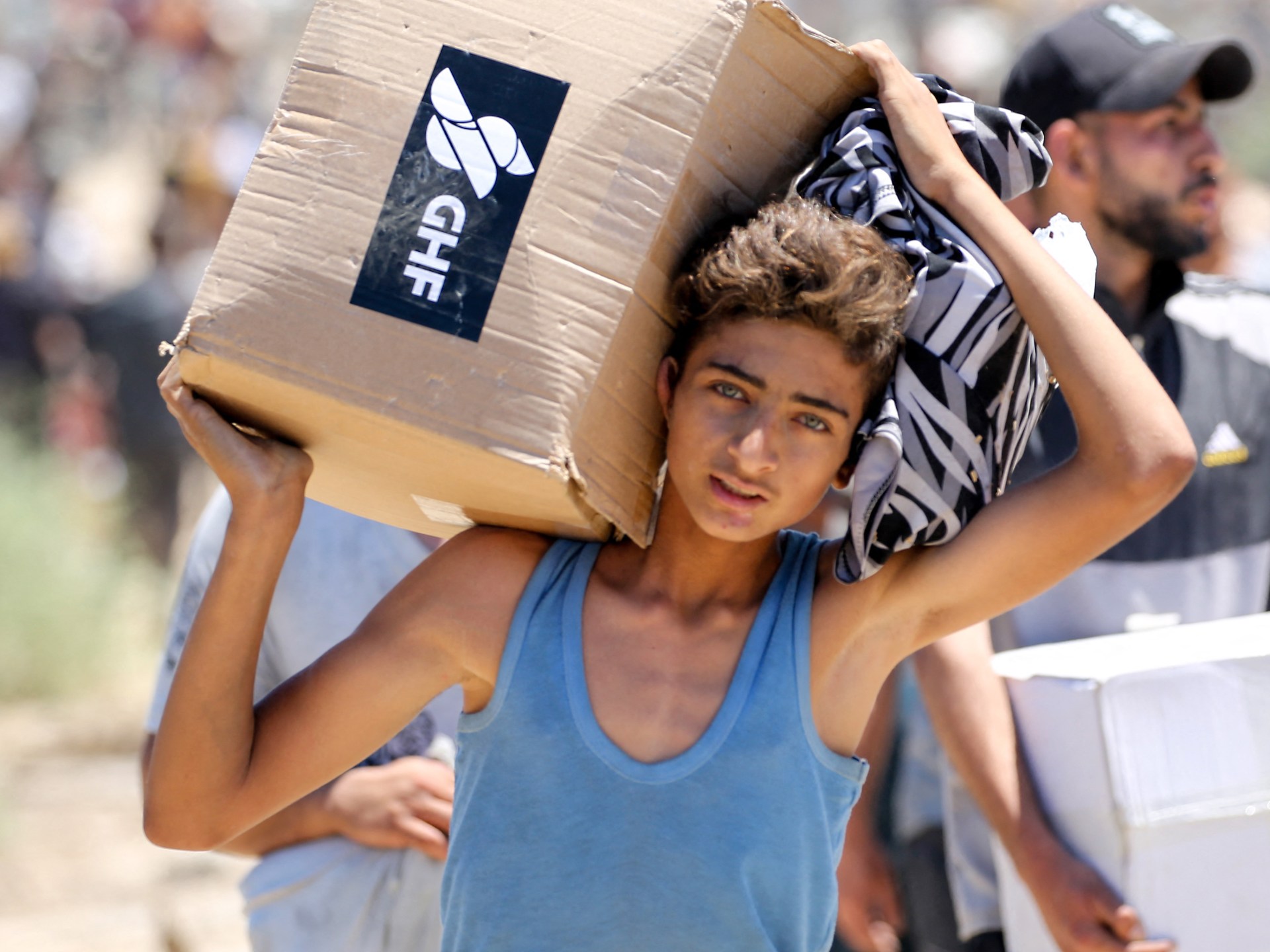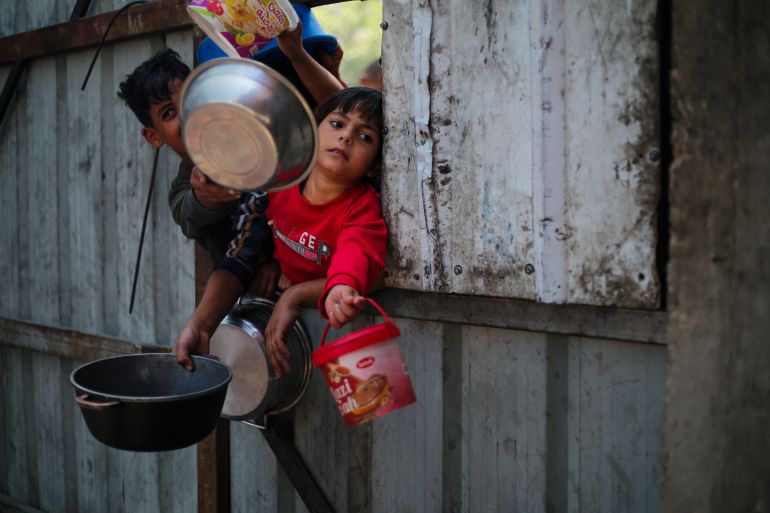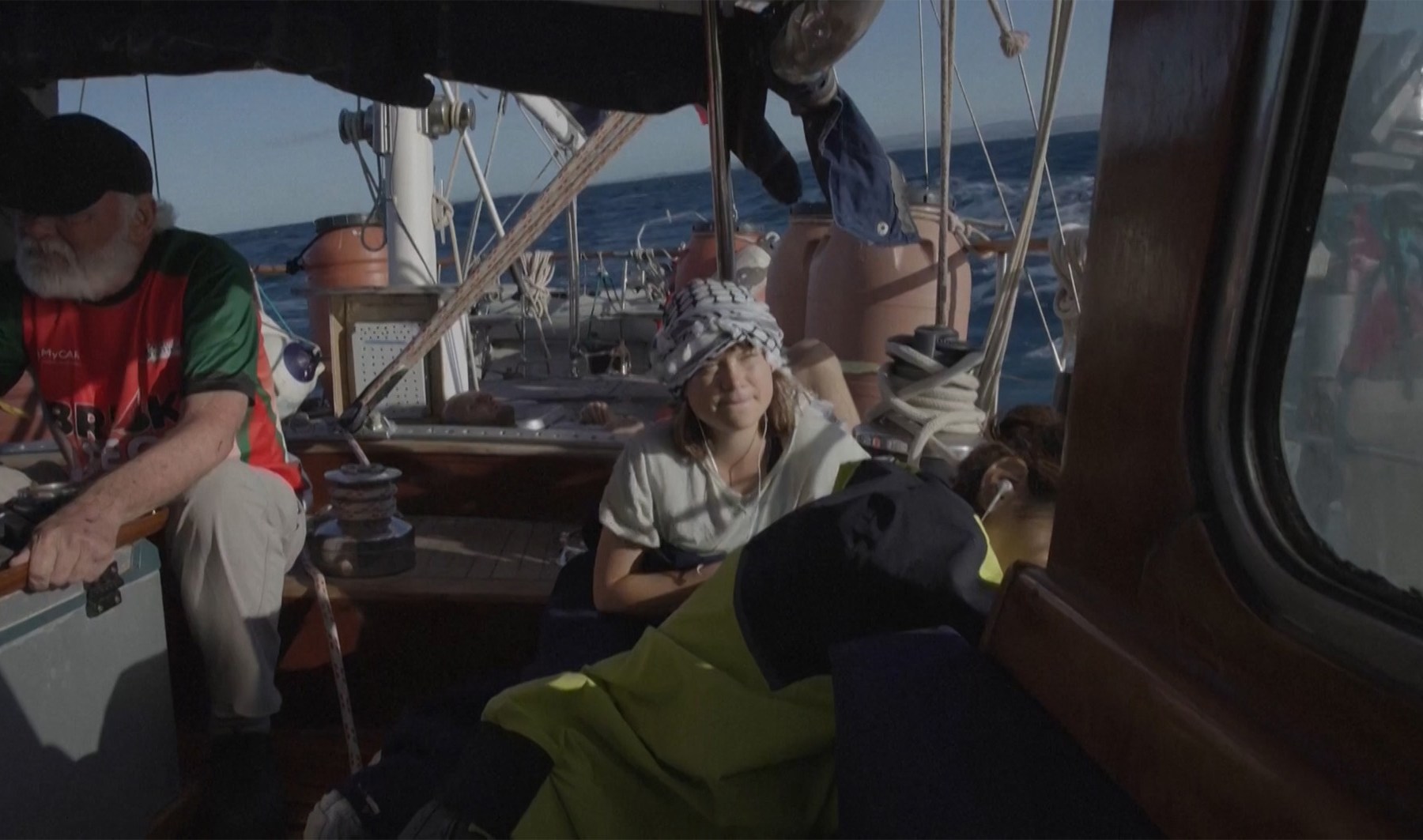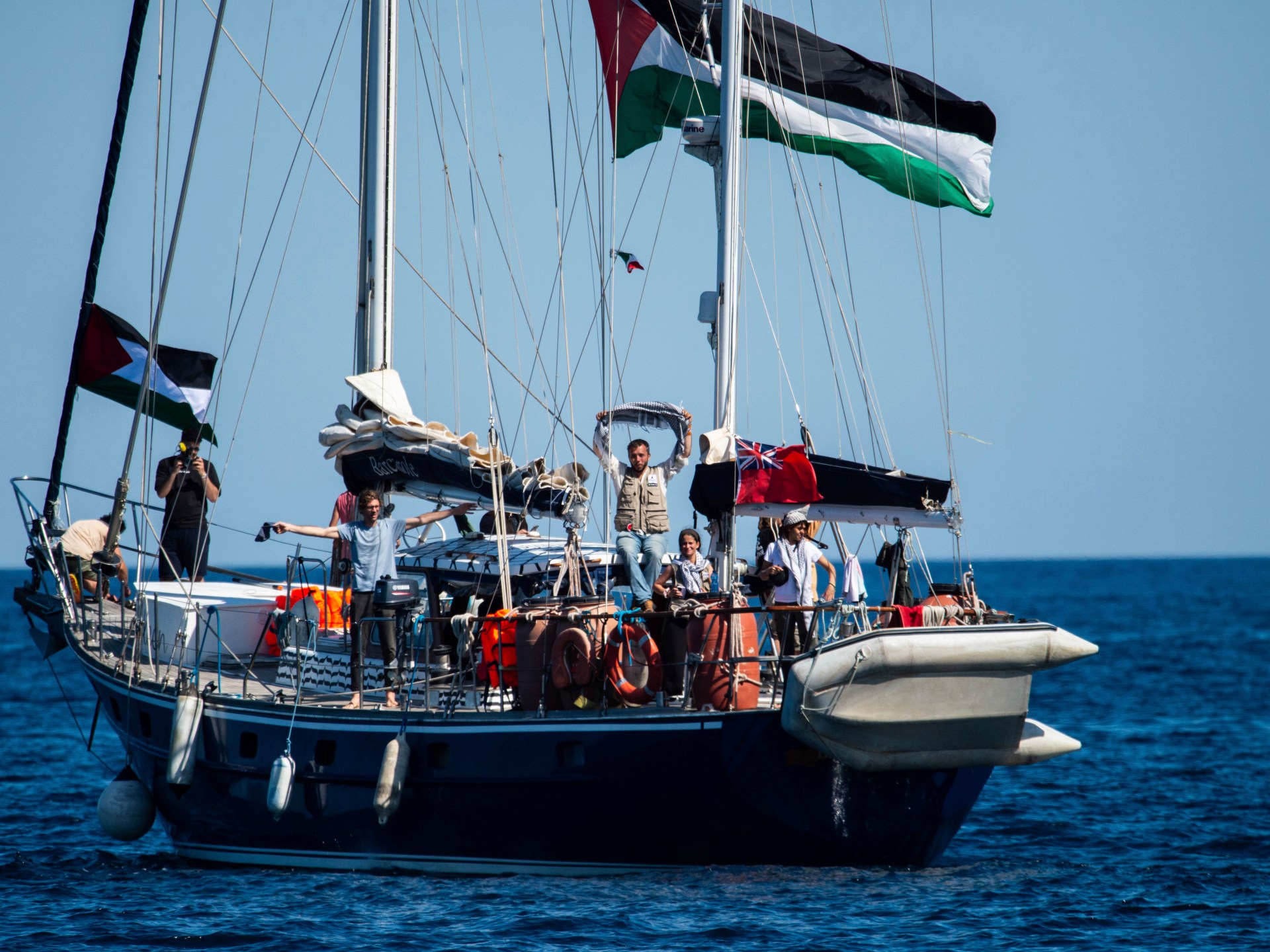On April 15, Austrian Nobel laureate Peter Handke was supposed to appear on Austria’s national broadcaster ORF to talk about his new writings. Instead, he proceeded to once again deny that the Srebrenica genocide happened, calling it Brudermord – biblical fratricide and framing it as a spiritual tragedy rather than a crime against humanity.
ORF stood by its decision to interview Handke when it faced criticism. It claimed that it had done nothing wrong since the interviewer acknowledged the genocide in a question.
That a European broadcaster would choose to platform genocide denial at this time is hardly surprising.
Europe faces a crisis not only of memory but of dangerous continuity. From the Holocaust to Srebrenica to Gaza, denial of state violence against marginalised groups seeks to erase past atrocities, normalise present ones, and pave the way for future ones.
Fratricide as ‘the worst crime’
The Bosnian genocide was the first genocide broadcast on television. In 1995, distressing images from Srebrenica filled living rooms worldwide, exposing the failure of international protection. Despite a lengthy process of prosecuting war crimes through the International Criminal Tribunal for the former Yugoslavia and court decisions implicating the complicity of European peacekeepers in the massacres, denial of the Bosnian genocide continues to be well tolerated in Europe.
While Handke is by far not the only prominent public figure who engages in it, his rhetoric makes clear how this crime has come to be weaponised in minimising German and Austrian guilt for the Holocaust.
Handke portrays the Bosnian genocide as a tragic civil war between “brothers” – Brudermord. He romanticises war criminals as victims and embeds genocide denial in a fascist narrative of redemption through ethnic violence.
According to him, fratricide is “much worse” than genocide – ie, those who kill their “brothers” must be deemed worse criminals than the Nazis who killed “the other”. By framing atrocities this way, Handke effectively minimises the responsibility of Germans and Austrians for the Holocaust.
In this twisted narrative, the descendants of the Nazis can claim moral superiority, insisting they did not commit the “worst crime of all”- Brudermord. The chilling implication is that Jews were never truly “brothers” to Europeans like Handke.
Serb nationalists may see Handke as an ally in genocide denial, but he doesn’t defend them – he uses them. Through them, white Europe cleans its hands of its bloody crimes – from Auschwitz to Algeria, from Congo to Rwanda. Handke’s theological language is an alchemy of European conscience, shifting guilt onto the Muslims, the Jews, and the “Balkan savages”.
Transplanting anti-Semitism
Handke’s logic parallels and reinforces the broader campaign to shift the blame for anti-Semitism – and even the Holocaust – onto Arabs and Muslims. In Germany, this trend has been fully embraced by the state and various public institutions, which – against all evidence – have begun to claim that the immigrant Muslim community in the country is responsible for rising anti-Semitic sentiment.
In 2024, the German parliament, the Bundestag, passed a resolution stating that “the alarming extent of anti-Semitism” is “driven by immigration from North African and Middle Eastern countries”.
German media continues to fabricate a “Muslim Nazi past”, with one article claiming: “Unlike Germany, the Middle East has never come to terms with its Nazi past.” Meanwhile, state-funded NGOs have branded the Palestinian keffiyeh a Nazi symbol and echoed the discredited Israeli claim that the grand mufti of Palestine “inspired” the Final Solution.
Germany’s political establishment is now constructing a revisionist moral alibi: one in which Nazis are reimagined as reluctant, remorseful perpetrators, while Palestinians and their Muslim and Arab allies are vilified as more evil than the Nazis themselves.
For many years, this used to be a fringe idea adopted by far-right parties like the Alternative for Germany (AfD). But now, the AfD’s core ideas, not just on Germany’s Nazi past, but also on immigration and Islam, have been widely adopted by the political centre.
This shift reflects a longstanding strategy of displacing guilt. Historian Ernst Nolte, celebrated by the conservative Konrad Adenauer Foundation with a major award in 2000, argued the Holocaust was a reaction to Soviet “barbarism”, relativising Nazi crimes by equating Auschwitz with the Gulag.
Nolte argued that Hitler had “rational” reasons for targeting the Jews and rejected the “collective guilt” attributed to Germany since 1945. Today, AfD leader Alice Weidel echoes this stance, dismissing Germany’s remembrance culture as a “guilt cult”.
Where Nolte blamed the Soviets, today’s political establishment blames Muslims. The goal is the same: to erase German responsibility from history.
From denial to enabling
Genocide denial is not a passive act of forgetting but an active, harmful process that perpetuates violence. Genocide scholar Gregory Stanton recognises denial as the final stage of genocide, one that is also a critical sign that the next one is coming.
For survivors and their descendants, denial deepens trauma by invalidating suffering, distorting truth, and stripping victims of dignity, memory and justice. These wounds extend beyond individuals, affecting entire communities across generations.
Meanwhile, genocide denial shields perpetrators, delays reparations and blocks reconciliation, deepening social divisions. It also undermines international law and human rights frameworks, signalling that even crimes against humanity can be ignored.
Genocide denial, thus, directly prepares the ground for the next genocide to take place and be accepted. We see this clearly in how Europeans are reacting to the genocide in Gaza, denying that it is happening at all, despite repeated pronouncements by United Nations experts and genocide scholars, and continuing to provide Israel with weapons and diplomatic cover.
The playbook developed in Bosnia is now applied to Gaza. It follows a familiar pattern: blame “both sides”, portray victims as aggressors, and assign responsibility to a few individuals – thus hiding systematic violence. This blueprint is perhaps most clearly echoed in the claim that it is only Prime Minister Benjamin Netanyahu and his two far-right ministers who are responsible for the “violence” happening in Gaza, thus separating policy from structure and evading deeper accountability.
In the narrative denying the Bosnian genocide, responsibility is also reduced to a few “bad apples” within the Serb state apparatus – as if genocide were a spontaneous aberration rather than a meticulously planned, state-executed crime requiring widespread coordination and intent.
Preparing for a future genocide in Europe
Europe today faces a profound crisis as far-right nationalism surges and a vanishing middle class struggles amid growing social and economic precarity. In many Western countries, the middle class is shrinking while what the right calls “surplus population” – disproportionately composed of Muslims – is increasingly marginalised and scapegoated.
In a time like this, recasting a past genocide against an othered population as a misunderstanding contributes to creating the environment for the next genocide to come. And there are already clear indications that segments of the political class are pushing for removing this “surplus population” under various guises.
The Nazi euphemism “Umsiedlung nach Osten” (resettlement to the East) was a grotesque excuse to deport Jews to gas chambers. Today, European actors like Austrian far-right activist Martin Sellner openly advocate for “remigration”, a sinister echo of this deadly logic aimed at uprooting Muslim communities.
European political elites may not have embraced this term yet, but they are busy putting into practice various policies that have the same ultimate goal – limit or decrease the Muslim presence in Europe. They have been building a legal regime for exclusion through the 2024 EU Migration Pact, plans to offshore asylum seekers to Albania or other countries, and a big injection of cash into Frontex, the EU’s border agency accused of – among other things – illegal pushbacks.
These are not neutral measures but ideological tools of racialised removal, cloaked in liberal rhetoric. And they will only get more violent with time.
This is not alarmism. It’s a pattern. The erosion of rights always begins with those deemed to be “the other”.
If genocide denial is not urgently addressed, if the Gaza genocide is not recognised and immediate action taken to stop it, Europe risks coming full circle. With genocide denial expanding and the urge to renounce responsibility for the Holocaust growing, the ground is being prepared for these horrific atrocities to repeat.
The views expressed in this article are the author’s own and do not necessarily reflect Al Jazeera’s editorial stance.
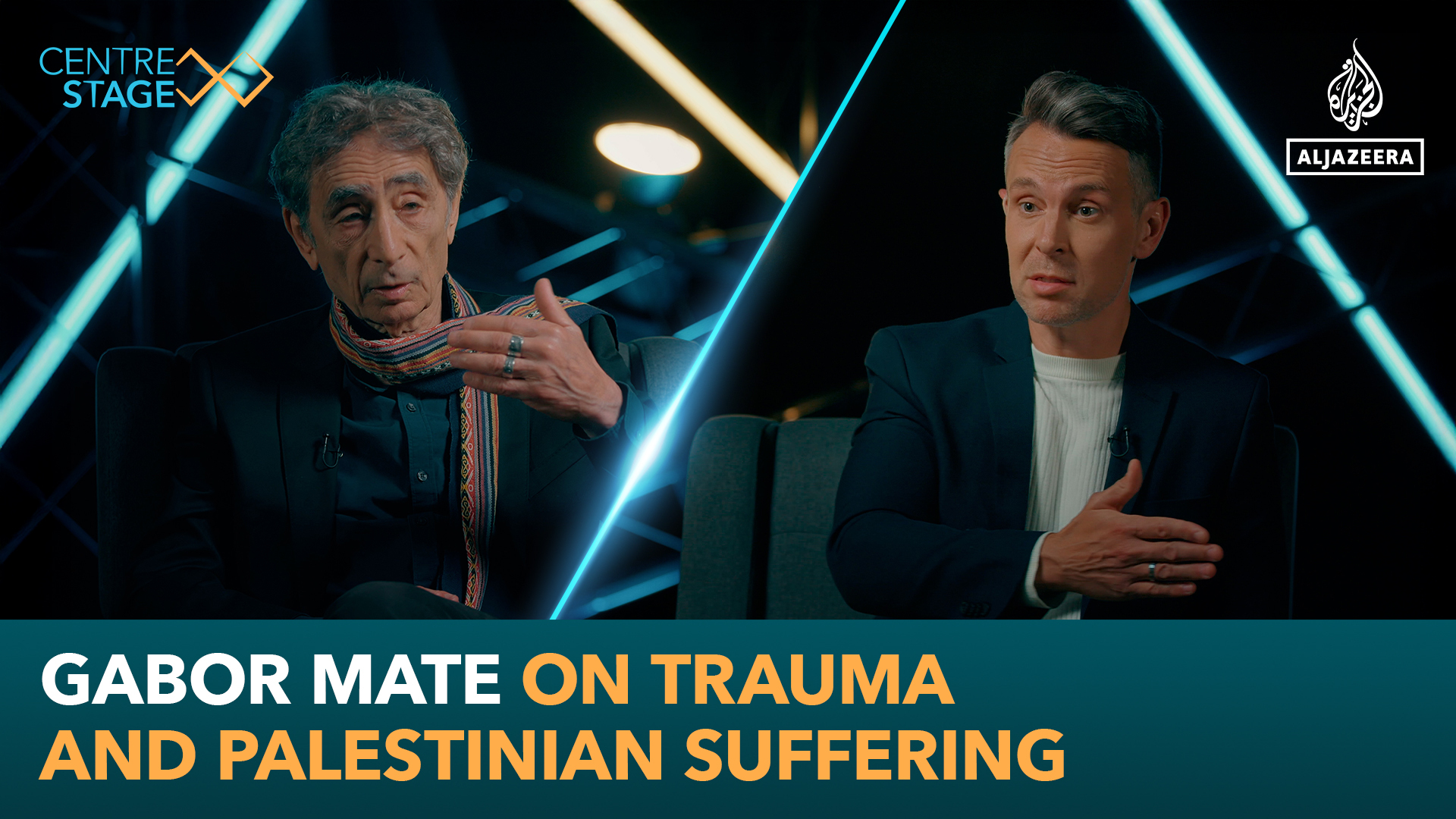
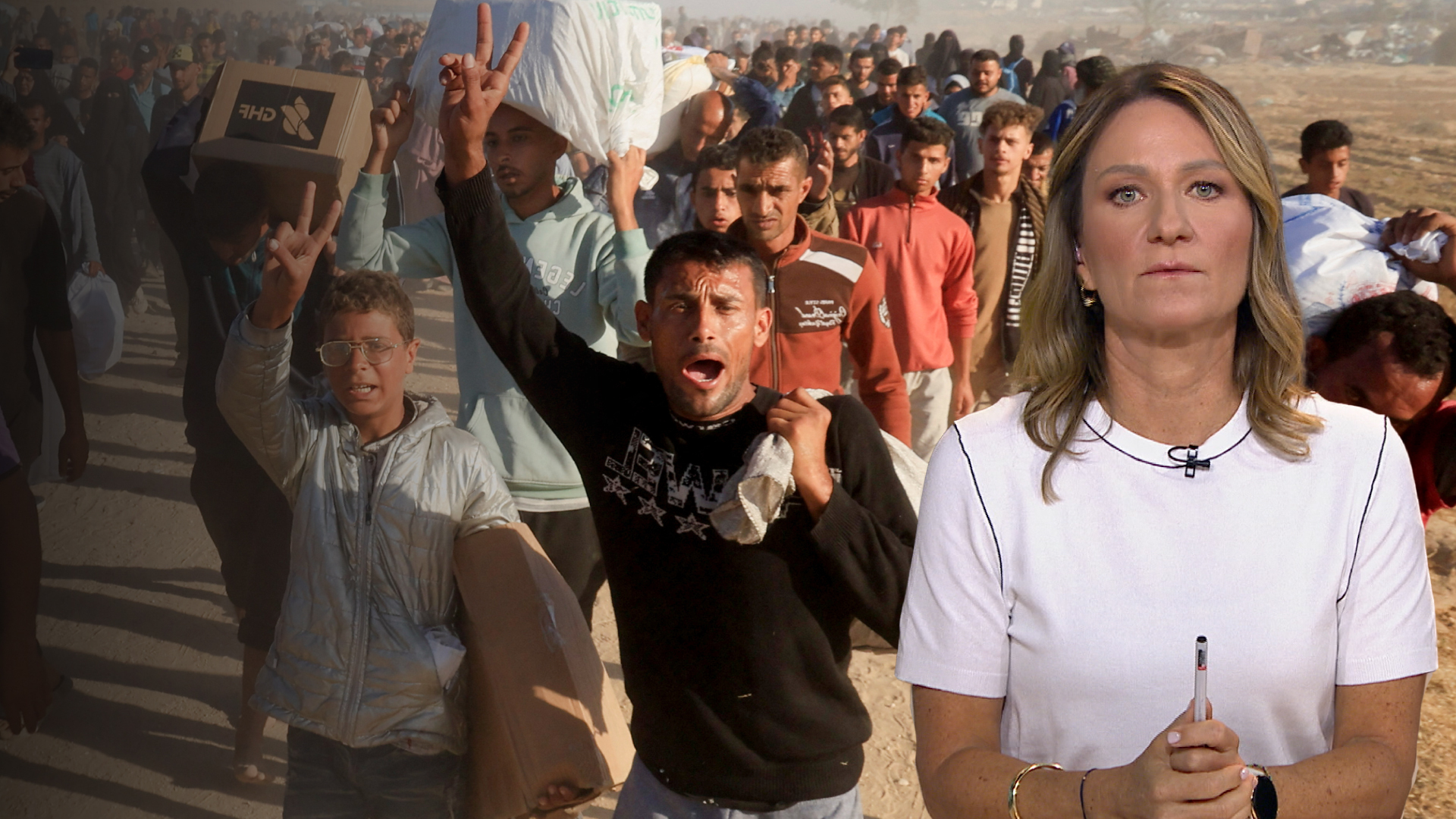


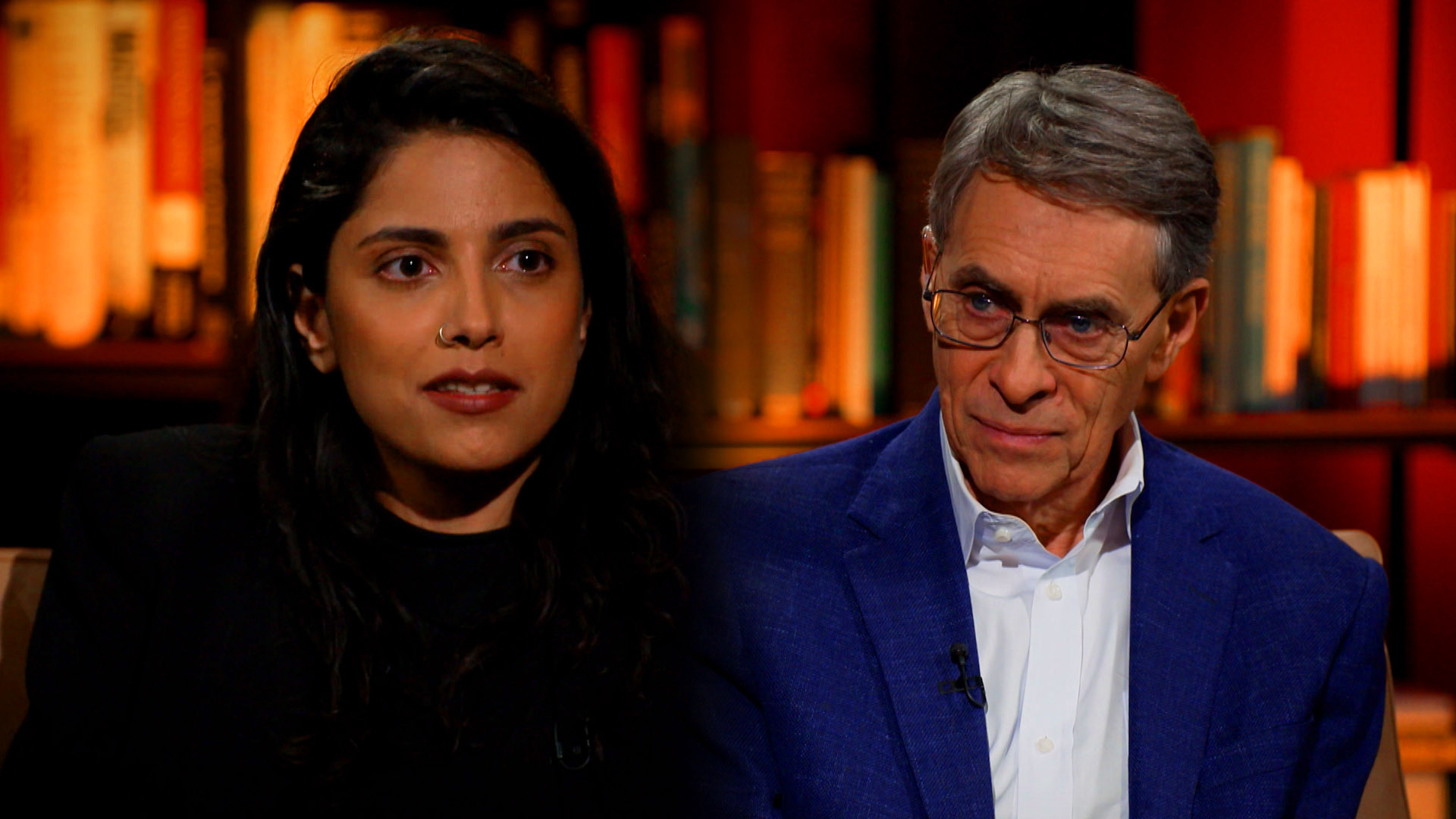
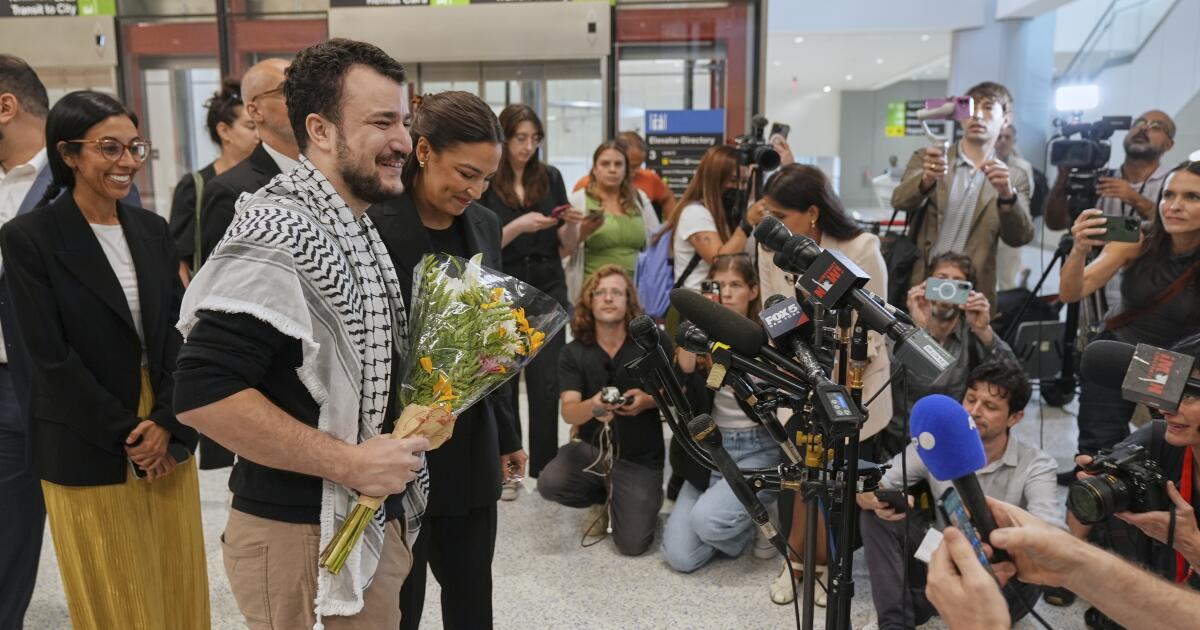
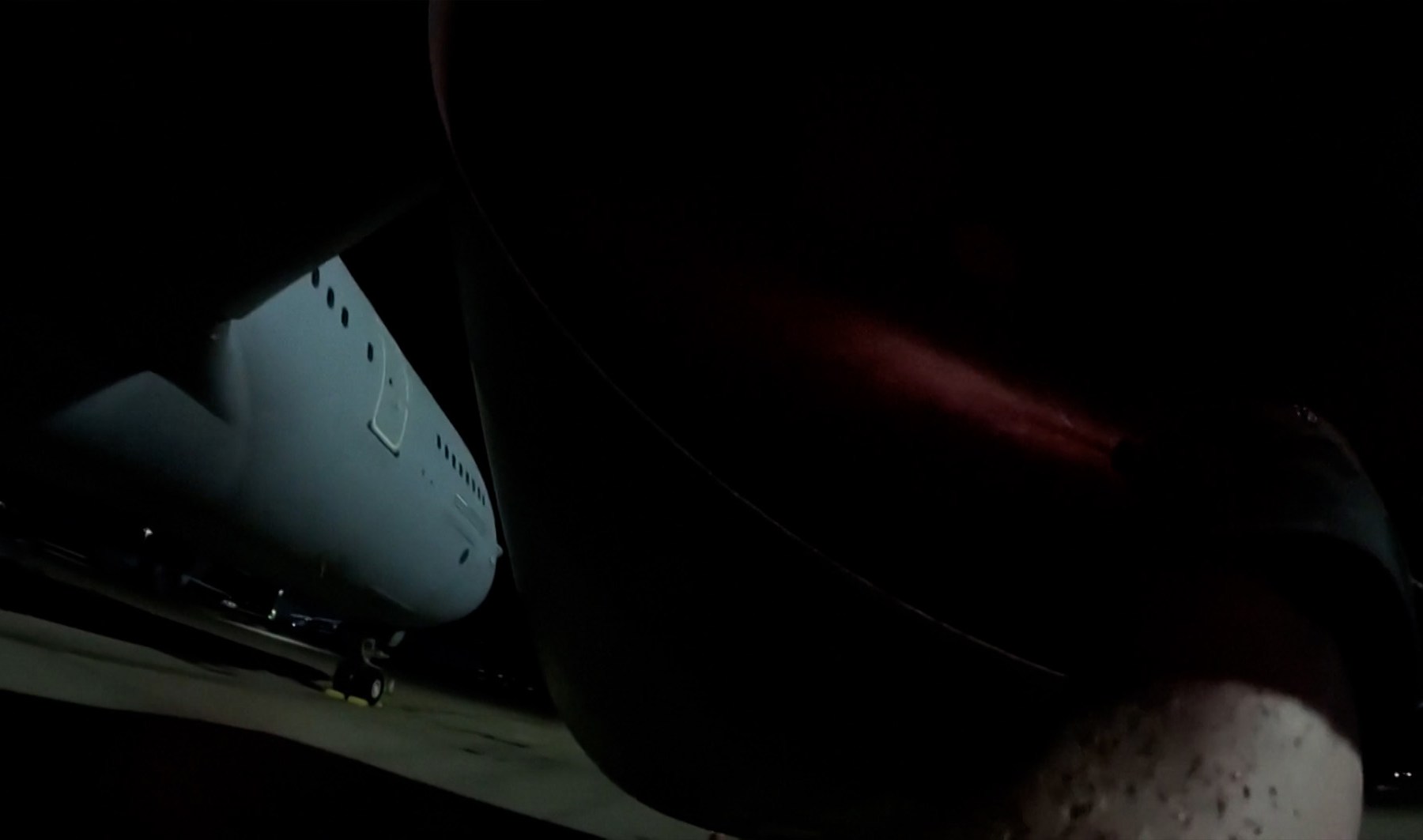
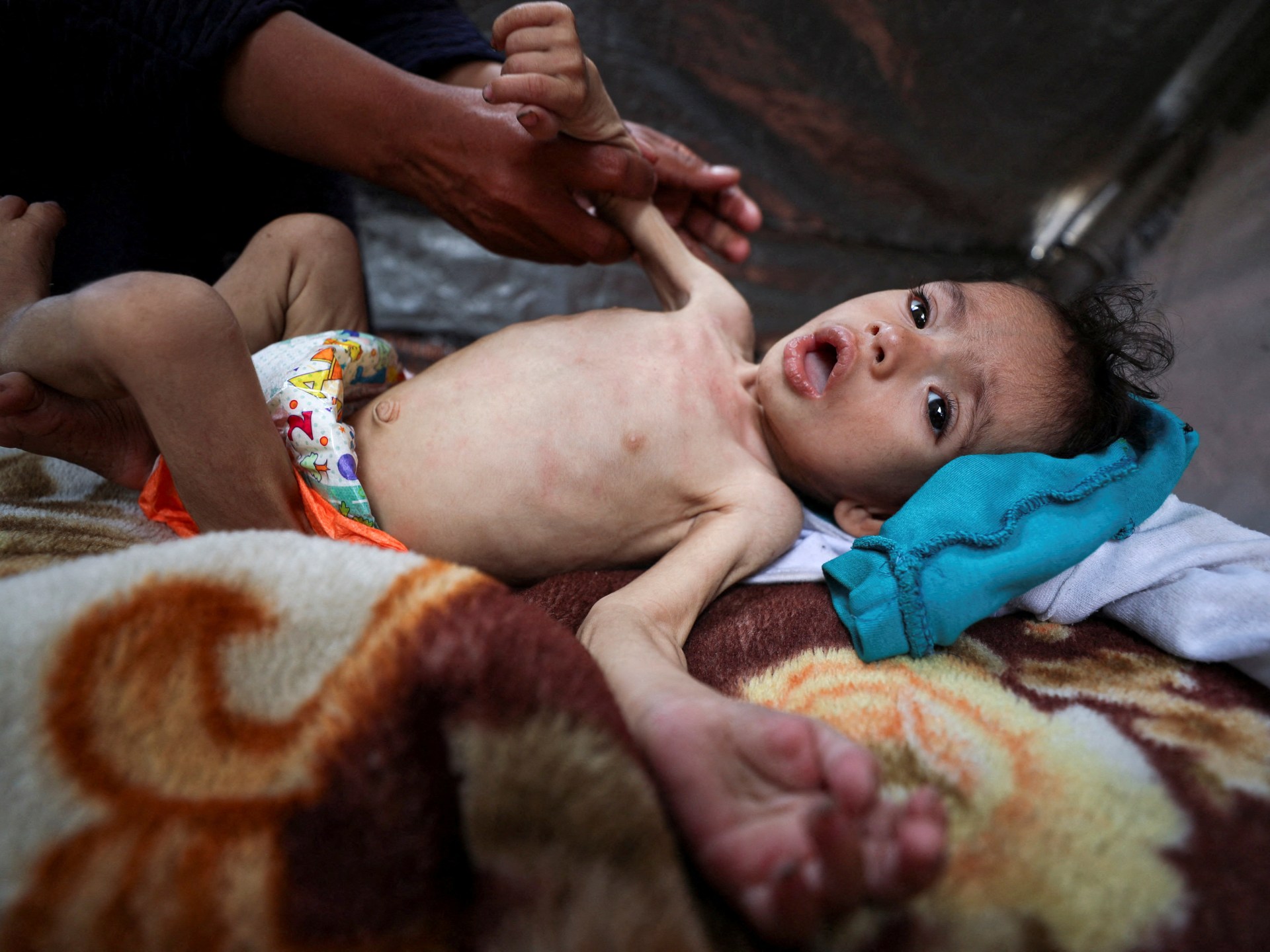
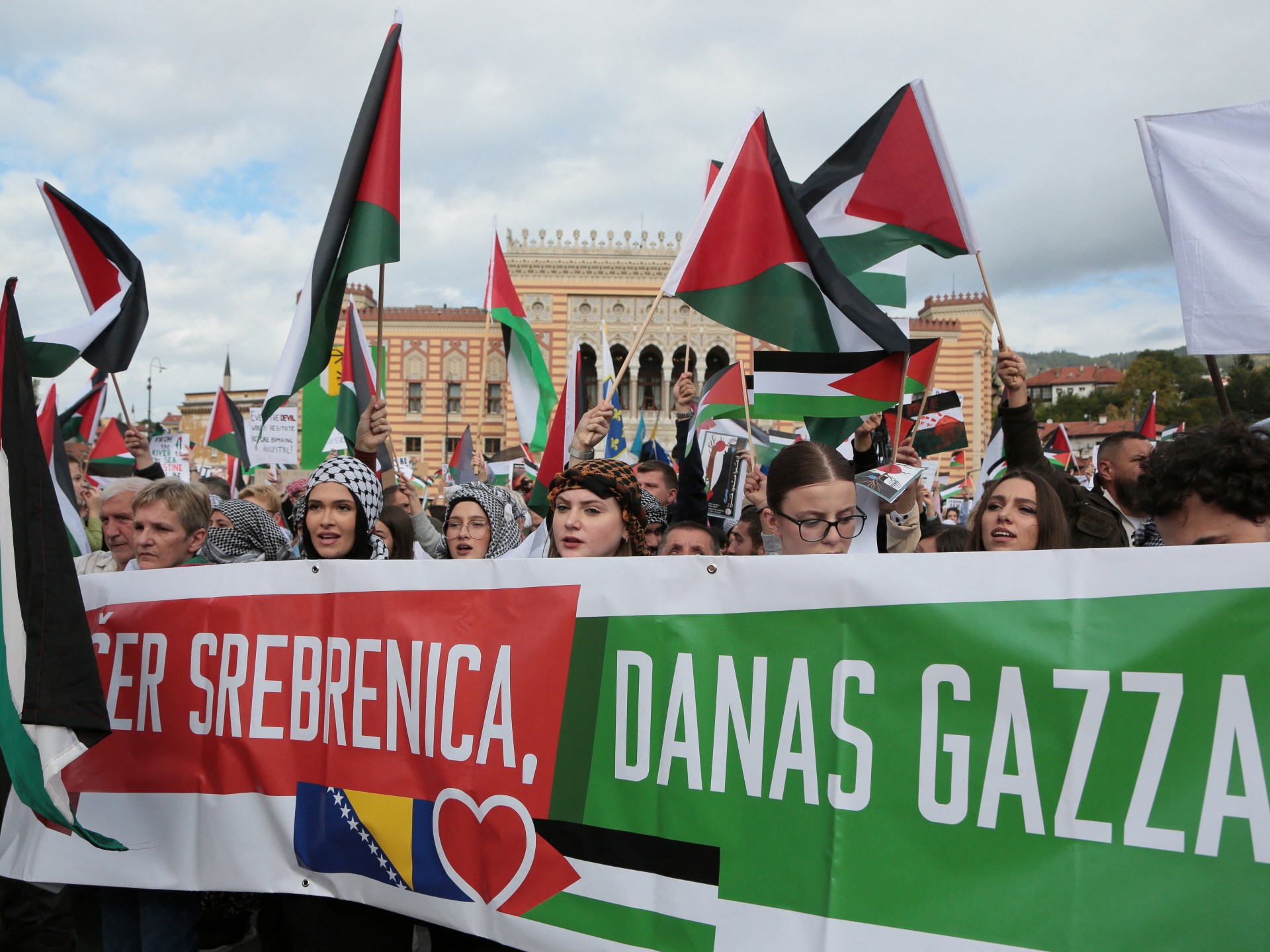
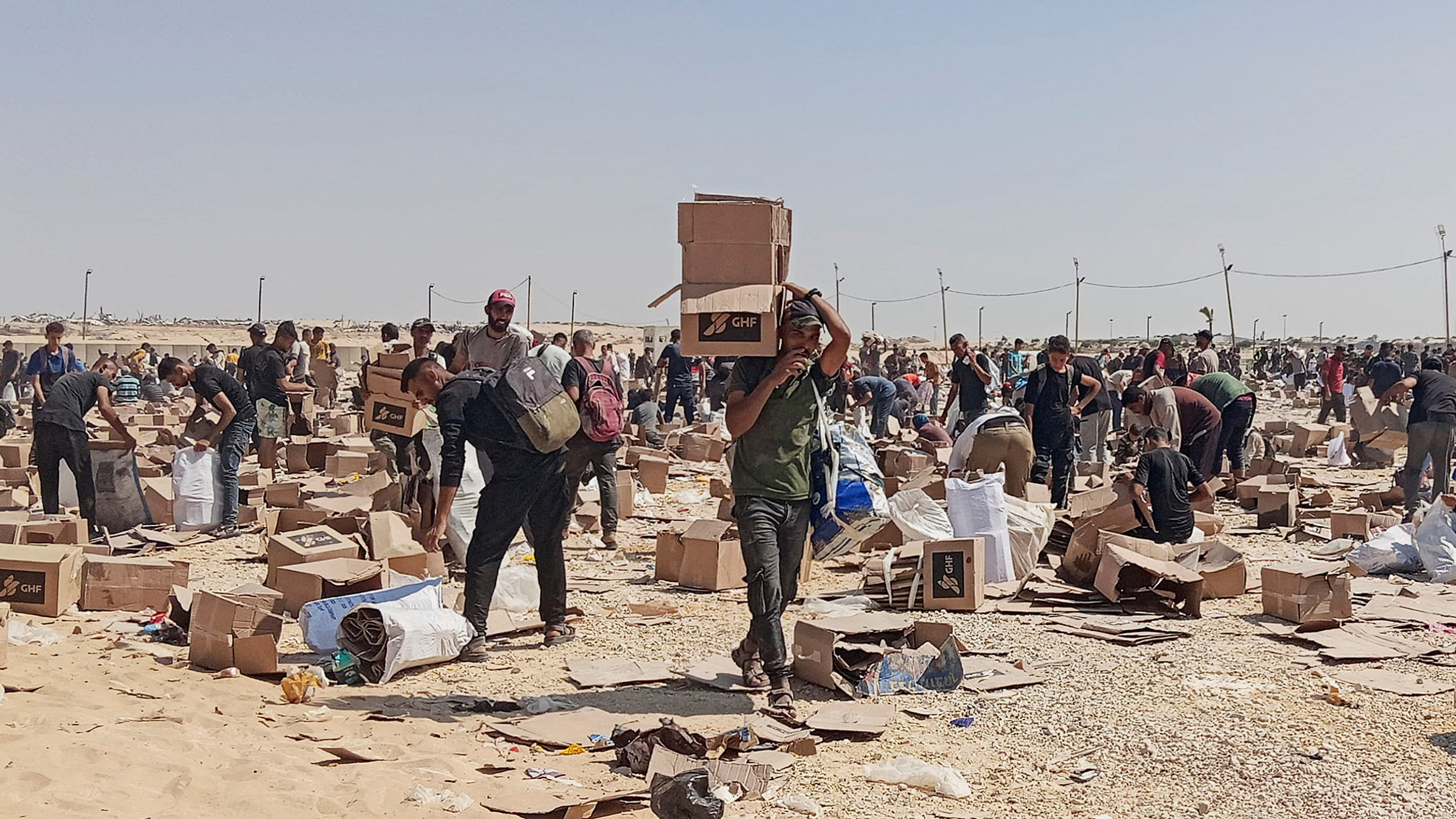
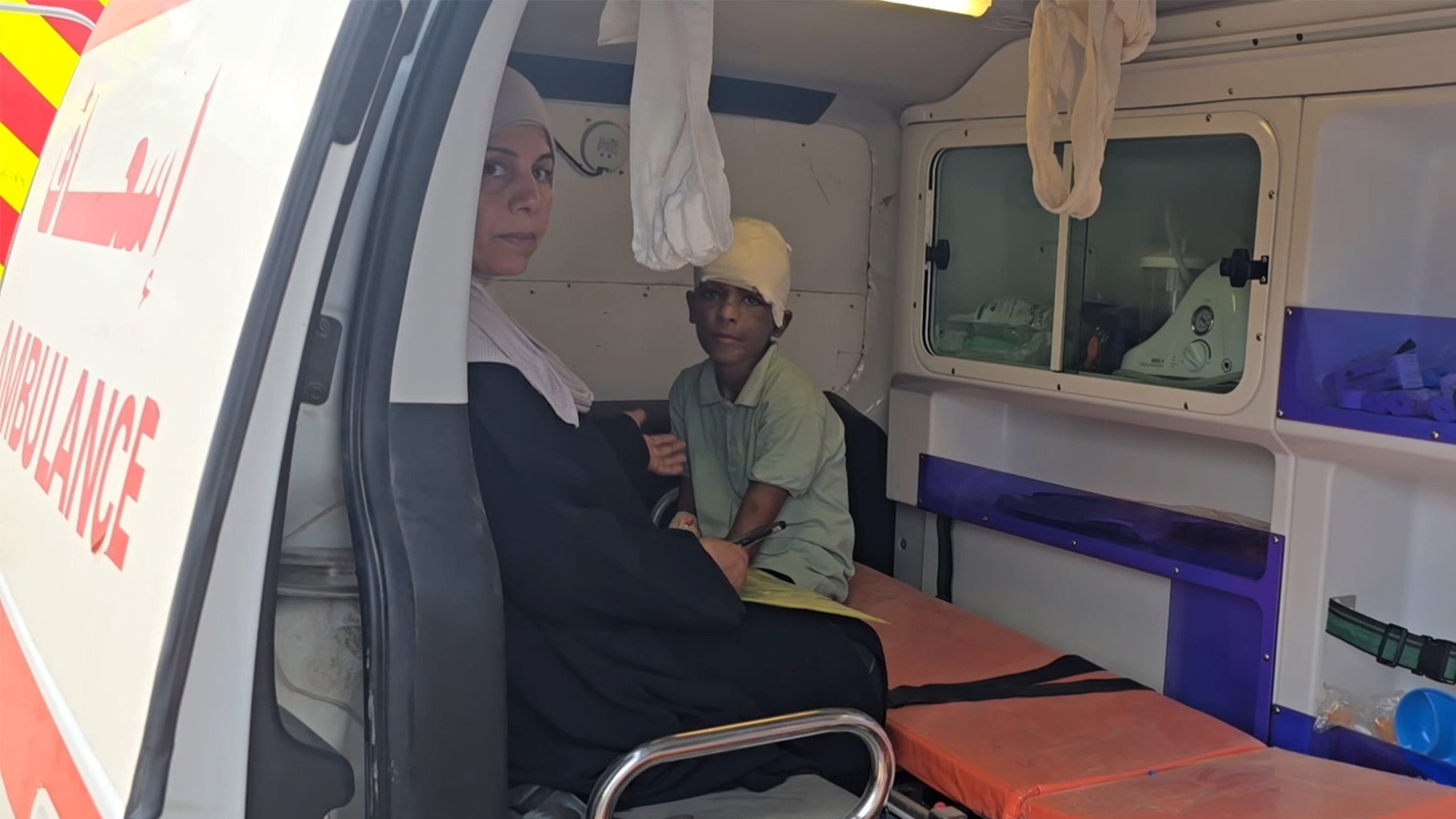
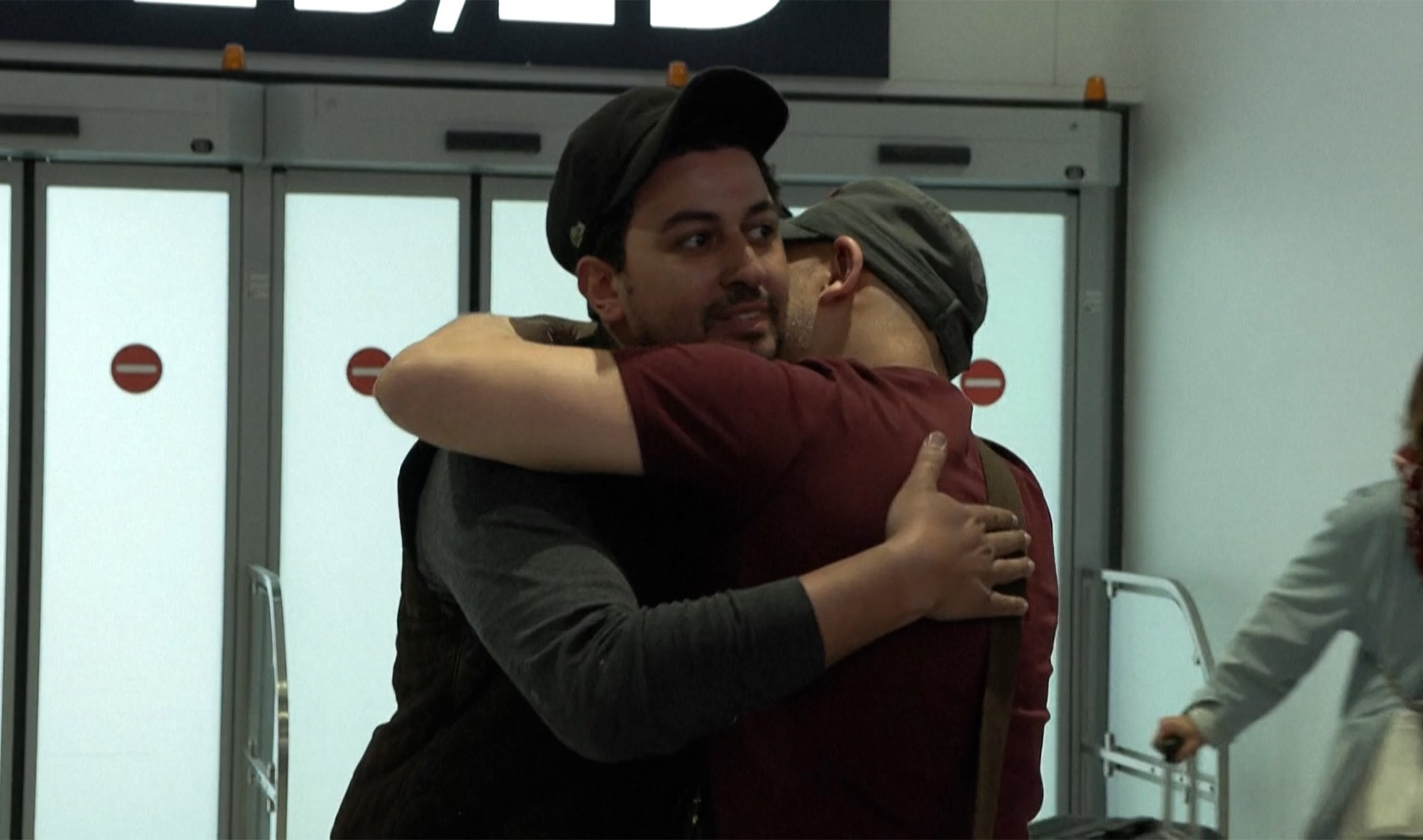
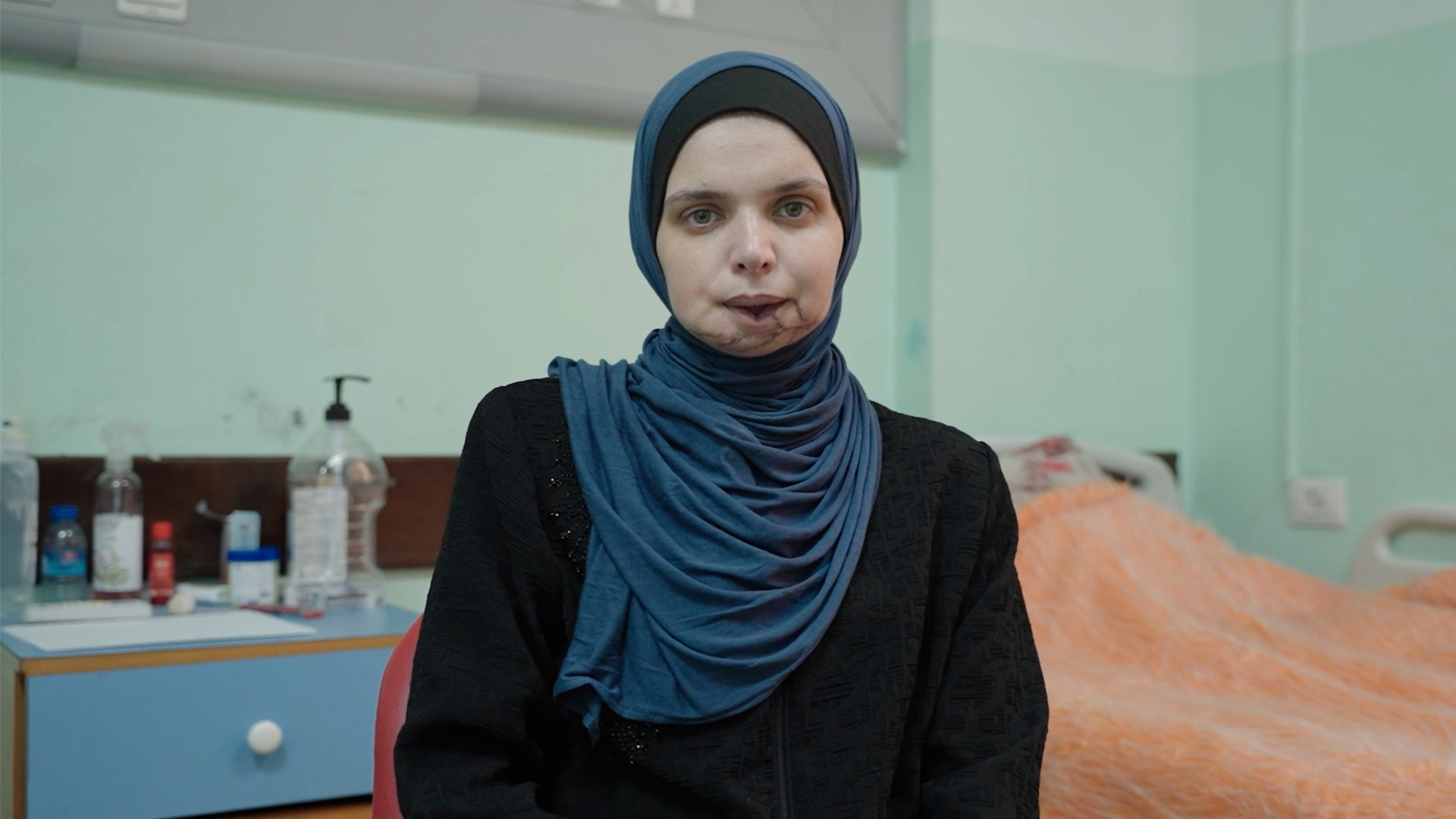
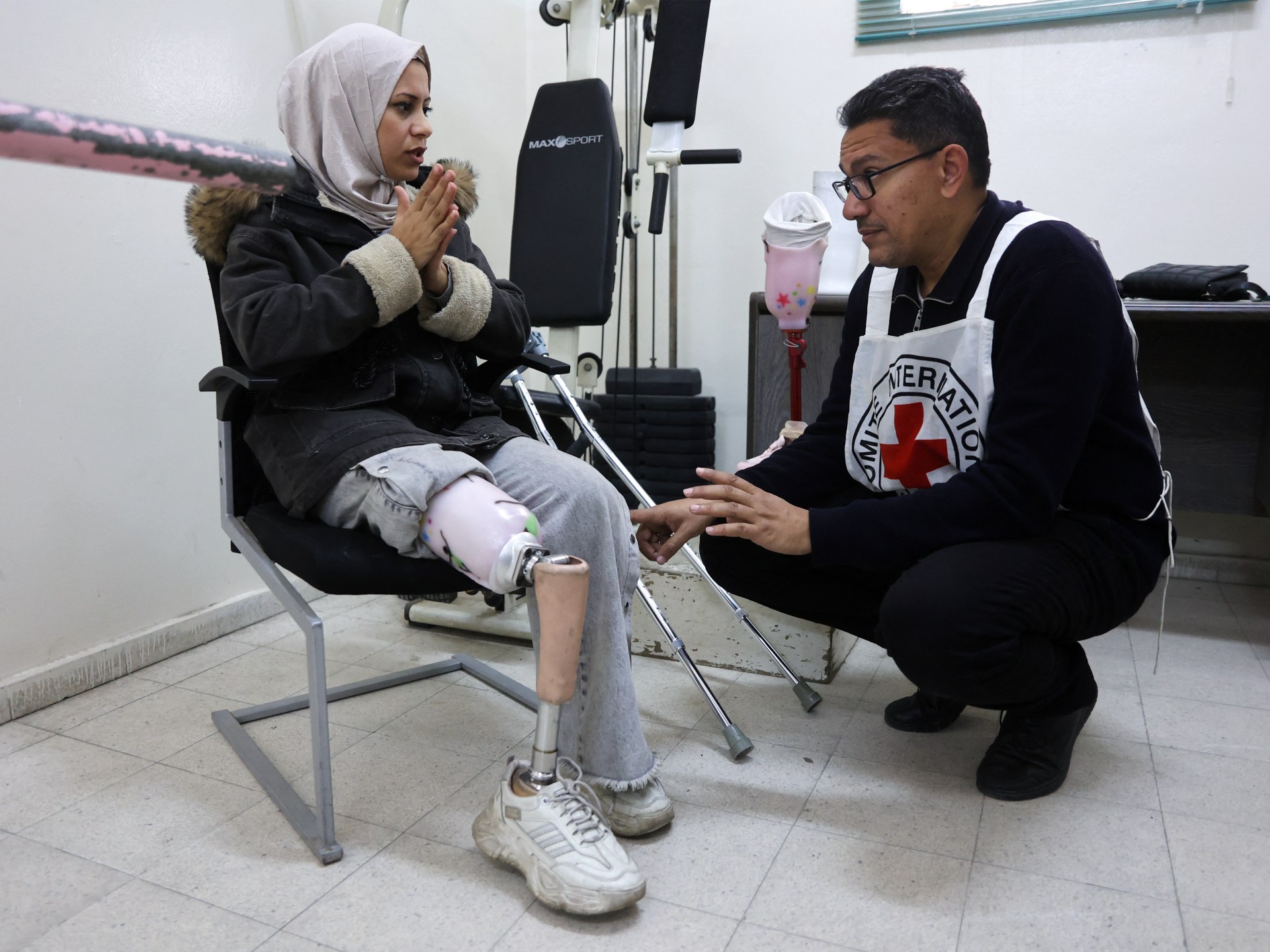
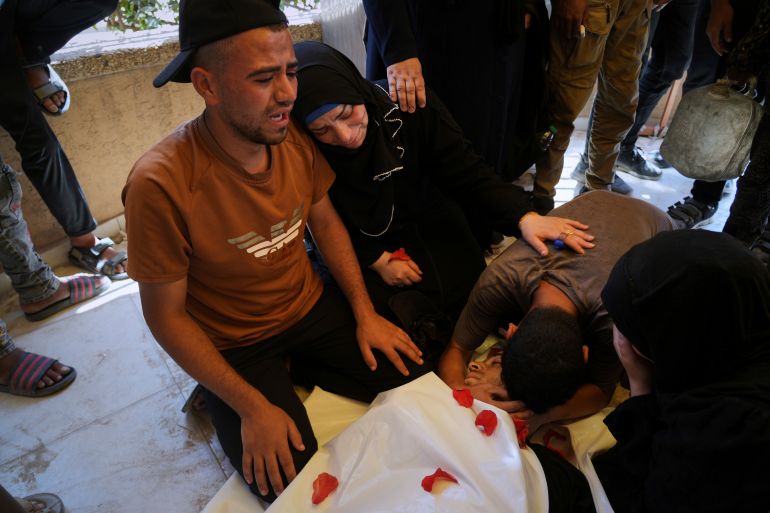
![Palestinians mourn over the body of Ahmed Abu Hilal, who was killed while on his way to an aid hub in Gaza, during his funeral at Nasser Hospital in Khan Younis, in the southern Gaza Strip, on Sunday, June 8, 2025. [Abdel Kareem Hana/AP]](https://www.aljazeera.com/wp-content/uploads/2025/06/AP25159513055391-1749393552.jpg?w=770&resize=770%2C513&quality=80)
![People carry relief supplies from the Gaza Humanitarian Foundation (GHF) on June 8, 2025. The UN and major aid organisations have refused to cooperate with the GHF, citing concerns that it was designed to cater to Israeli military objectives. [Eyad Baba/AFP]](https://www.aljazeera.com/wp-content/uploads/2025/06/AFP__20250608__49L8364__v1__HighRes__PalestinianIsraelConflictUsGazaAid-1749381980.jpg?w=770&resize=770%2C513&quality=80)
